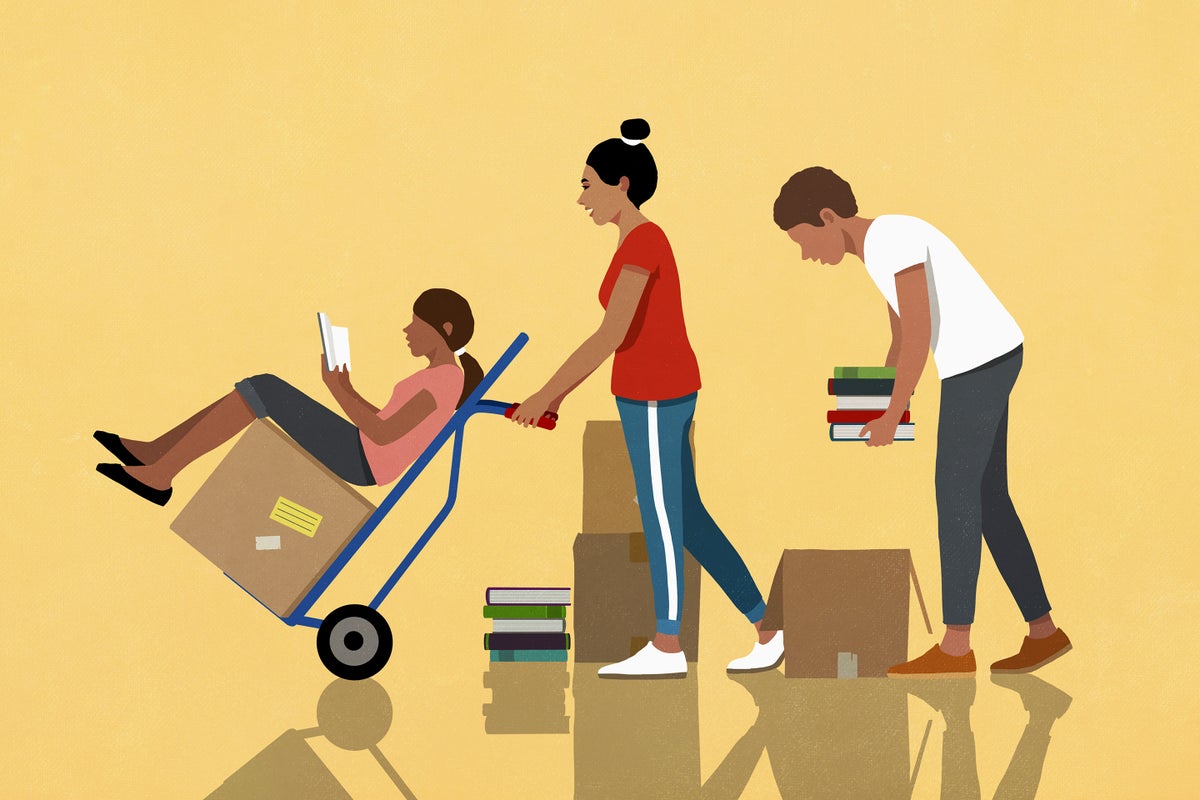
"Psychologists call this tendency social discounting: we are generally more willing to make sacrifices for people to whom we feel emotionally close, and our generosity declines as the social-emotional distance to the recipient of help increases."
"Our findings suggest that this small but important structure may be essential for calibrating our generosity based on how close or distant others feel to us."
The article discusses the concept of social discounting, which explains why we are more generous to close friends than to strangers. Although one may willingly help a close friend move, the same task feels burdensome when asked by an acquaintance. Research involving individuals with damage to the basolateral amygdala sheds light on the neural mechanisms behind this behavior, suggesting this brain region is crucial for assessing social-emotional distances and calibrating our generosity accordingly.
Read at www.scientificamerican.com
Unable to calculate read time
Collection
[
|
...
]